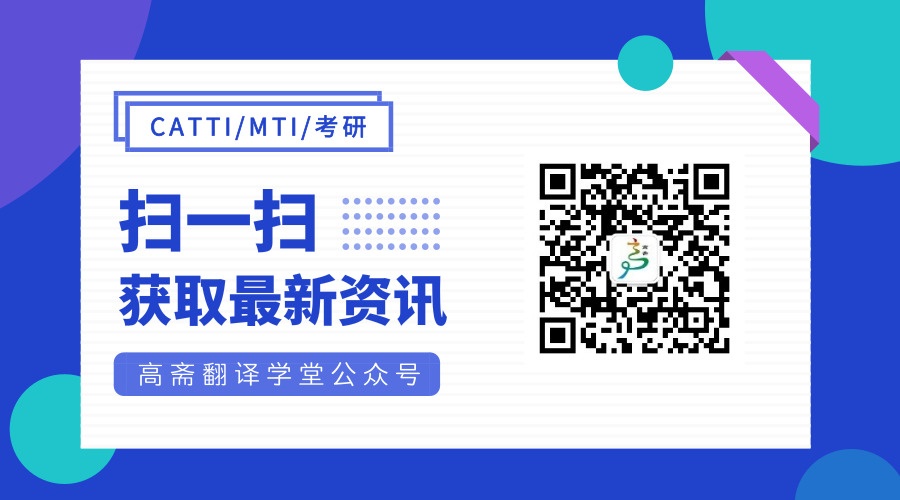Trust
Andy Rooney
Last night I was driving from Harrisburg to Lewisburg, Pa., a distance of about eighty miles. It was late, I was late and if anyone asked me how fast I was driving, I’d have to plead the Fifth Amendment to avoid self-incrimination. Several times I got stuck behind a slow-moving truck on a narrow road with a solid white line on my left, and I was clinching my fists with impatience.
At one point along an open highway, I came to a crossroads with a traffic light. I was alone on the road by now, but as I approached the light, it turned red and I braked to a halt. I looked left, right and behind me. Nothing. Not a car, no suggestion of headlights, but there I sat, waiting for the light to change, the only human being for at least a mile in any direction.
I started wondering why I refused to run the light. I was not afraid of being arrested, because there was obviously no cop around, and there certainly would have been no danger in going through it.
Much later that night, after I’d met with a group in Lewisburg and had climbed into bed near midnight, the question of why I’d stopped for that light came back to me. I think I stopped because it’s part of a contract we all have with each other. It’s not only the law, but it’s an agreement we have, and we trust each other to honor it: we don’t go through red lights. Like most of us, I’m more apt to be restrained form doing something bad by the social convention that disapproves of it than by any law against it.
It’s amazing that we ever trust each other to do the right thing, isn’t it? And we do, too. Trust is our first inclination. We have to make a deliberate decision to mistrust someone or to be suspicious or skeptical. Those attitudes don’t come naturally to us.
It’s a damn good thing too, because the whole structure of our society depends on mutual trust, not distrust. This whole thing we have going for us would fall apart if we didn’t trust each other most of the time. In Italy, they have an awful time getting any money for the government, because many people just plain don’t pay their income tax. Here the Internal Revenue Service makes some gestures toward enforcing the law, but mostly they just have to trust that we’ll pay what we owe. There has often been talk of a tax revolt in this country, most recently among unemployed auto workers in Michigan, and our government pretty much admits if there was a widespread tax revolt here, they wouldn’t be able to do anything about it.
We do what we say we’ll do; we show up when we say we’ll show up; we deliver when we say we’ll deliver; and we pay when we say we’ll pay. We trust each other in these matters, and when we don’t do what we’ve promised, it’s a deviation from the normal. It happens often that we don’t act in good faith and in a trustworthy manner, but we still consider it unusual, and we’re angry or disappointed with the person or organization that violates the trust we have in them. (I’m looking for something good to say about mankind today.)
I hate to see a story about a bank swindler who has jiggered the books to his own advantage, because I trust banks. I don’t like them, but I trust them. I don’t go in and demand that they show me my money all the time just to make sure they still have it.
It’s the same buying a can of coffee or a quart of milk. You don’t take the coffee home and weigh it to make sure it’s a pound. There isn’t time in life to distrust every person you meet or every company you do business with. I hated the company that started selling beer in eleven-ounce bottles years ago. One of the million things we take on trust is that a beer bottle contains twelve ounces.
It’s interesting to look around and at people and compare their faith or lack of faith in other people with their success or lack of success in life. The patsies, the suckers, the people who always assume everyone else is as honest as they are, make out better in the long run than the people who distrust everyone — and they’re a lot happier even if they get taken once in a while.
I was so proud of myself for stopping for that red light, and inasmuch as no one would ever have known what a good person I was on the road from Harrisburg to Lewisburg, I had to tell someone.
译文:
信任
安迪鲁尼
昨晚,我驱车从宾夕法尼亚州的哈里斯堡赶赴刘易斯堡,其间约有80英里的路程。夜幕已笼罩着大地,我动身又晚了,要是有人问我车开得有多快,我就得 根据《美国宪法修正案》第五条不予回答,以免自证其罪。在狭窄的公路上,我的车几次被慢慢爬行的货车挡在后面,左侧是一条严禁超越的白色实线,急得我把拳 头握得紧紧的。
我正驾车行驶在一条畅通的公路上,前面出现二个有交通指示灯的十字路口。当时公路上就我一人。我的车刚驶近路口,红灯就亮了,我赶紧刹住了车。我环顾四周,什么也没看到,没有了辆汽车,连车灯的影子也没有。尽管如此,我还是一直端坐着,等待指示灯的转换至少在周围一英里范围内,就我一人。
我开始琢磨起自己为什么不肯闯红灯这个问题来。我并不是害怕被抓住,因为周围根本没有警察,即使闯红灯也不会有什么危险。
当晚在刘易斯堡会见了不少人,半夜时分我才上床。夜深人静,我仍久久不能入睡,自己为什么不肯闯红灯这个问题又一次回到我的脑海中。我想我之所以遇 红灯而停车,是因为这是我们大家彼此之间契约的一部分。它既是法律的规定,也是我们共同的协议。我们不闯红灯,而且我们都相信人人都会遵守这一协议,和大 多数人一样。我之所以不去做坏事,主要是依据不赞成这样做的社会惯例,而不是依据任何反对这样做的法律。
我们大家一向彼此信任,相信他人会做社会公德所倡导的事情,这着实令人惊奇,是不是?然而我们的确是这样做的。信任是我们固有的心理倾向。当我们对 某人表示不信任,或对某件事情持怀疑态度时,我们往往需要认真思考才能做出决定。这种不信任感并不是自然而然地在我们脑海中产生的。
这的确是令人非常欣慰之事,因为我们的整个社会体系依赖于人们的相互信任,而不是相互猜疑。如果我们在大部分时间里不能相互信任,那么,我们享有其 利益的整个社会体系就会崩溃。在意大利,政府很难收到税款,因为很多人明目张胆地不缴所得税。在美国,国内税务局也做出了姿态说要执行法律,但政府主要还 得靠信任,相信公民会依法纳税。在美国时常听到有人扬言要抗税,最近声言抗税的是密歇根州的一些失业汽车工人。我们的政府也完全承认,如果“抗税”
在全国蔓延,政府将毫无办法。
我们说做的事一定会做;我们说来就一定会来;我们说送货就一定会送货;我们说纳税就一定会纳税。在这些事情上我们都彼此信任。
如果我们没有做我们许诺的事情,那只是异常情况。我们做事不够诚实、有负信任的情况时有发生,但我们仍然认为那不是正常现象,而且对那些违背了我们对其信任的组织或个人,我们会感到愤慨或失望(今天我正在寻找人类某些好的品质去说说)。
我讨厌看到关于银行营业人员为骗取顾客的存款而篡改账目的报道,因为我信任银行。我并不喜欢它们,但我信任它们。我不会总去银行让营业员把我的存款拿出来看看,以弄清他们是否还拿得出这笔款。
买一听咖啡或一夸脱牛奶也一样,你并不把咖啡拿回家后秤一下,看它是不是一磅。在生活中你没有时间去怀疑遇到的每一个人,或与之做生意的每一家公 司。几年前,我对一家开始出售瓶装啤酒只有11盎司的公司非常厌恶,因为我们千千万万个深信不疑的事之一就是每瓶啤酒应装12盎司。
环顾一下周围的人,并就他们对别人信任与否同其生活成功与否加以比较,是很有趣的。那些容易上当受骗的人,那些总是以为别人都是和自己一样诚实可靠的人,结果比那些对谁都不相信的人更容易取得生活上的成功。他们的生活要幸福得多,尽管他们有时会受到欺骗。
我为自己昨晚没闯红灯感到非常自豪。由于没有人知道在从哈里斯堡至刘易斯堡的路上我是一个多么好的人,我得把它写出来公之于众。







